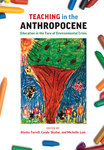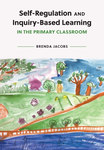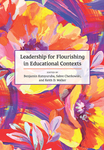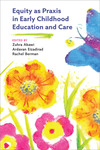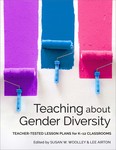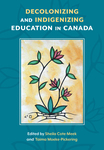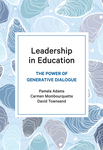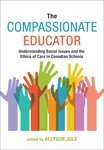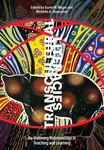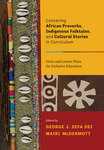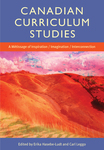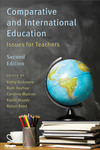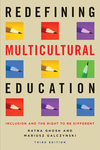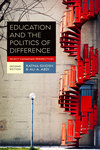We don’t actively support Internet Explorer
It appears that you are using Internet Explorer, which has been discontinued by Microsoft. Support has ended for versions older than 11, and as a result you may face security issues and other problems when using it.
We recommend upgrading to a newer browser such as Firefox, Google Chrome, or Edge for a much better experience across the web.
While this site may work with Explorer, we are not testing and verifying it, so you may run into some trouble or strange looking things.
Teaching Global Citizenship
A Canadian Perspective
Edited by Lloyd Kornelsen, Geraldine Balzer, Karen M. Magro

Subjects
EducationDecember 2020
Print ISBN: 9781773381985
Overview
Teaching Global Citizenship brings together perspectives from former and current teachers from across Canada to tackle the unique challenges surrounding educating for global awareness. The contributors discuss strategies for encouraging young people to cultivate a sense of agency and global responsibility. Reflecting on the educator’s experience, each chapter engages with critical questions surrounding teaching global citizenship, such as how to help students understand and navigate the tension at the heart of global citizenship between universalism and pluralism, and how to do so without frightening, regressing, mythicizing, imposing, or colonizing. Based on narrative inquiry, the contributors convey their insights through stories from their classroom experiences, which take place in diverse educational settings: from New Brunswick to British Columbia to Nunavut, in rural and urban areas, and in public and private schools.
Covering a broad range of topics surrounding the complexity of educating for global citizenship, this timely text will benefit those in education, global citizenship, curriculum development, and social studies courses across Canada.
FEATURES
- grounded in narrative inquiry, experiential learning, and teacher-based research
- includes study questions at the end of each chapter
- written by teachers for teachers with the accessibility of the material, diverse voices, and a broad spectrum of classroom settings in mind
Table of Contents
Preface—Lloyd Kornelsen
Introduction—Lloyd Kornelsen, Geraldine Balzer, Karen M. Magro
Section I: Knowing and Doing: What Is Global Citizenship, and How Might We So Educate?
Chapter 1 Encouraging Literacies of Compassion and Critical Insight: Working Toward Global Citizenship Education—Karen M. Magro
Chapter 2 Global Problems Require a Global Citizenry: The Case for Teaching Global Citizenship—Paul Orlowski and Ghada Sfeir
Chapter 3 The Stories We Tell About the World: Theory and Narrative in the Global Citizenship Classroom—Jennifer Chapman
Chapter 4 The Place of Local in a Global World: Two Teachers Transact in their Reading of Seedfolk—Cynthia M. Morawski and Catherine-Laura Dunnington
Chapter 5 Opening Doors: Lessons on Global Citizenship from the Friendly Skies to the Inclusive Classroom—Heidi Reimer and Ken Reimer
Section II: Being: As Teachers of Global Citizenship, What Are Our Responsibilities?
Chapter 6 Continuing the Work of Transformative Teaching: Offering Students Global Citizenship—Larry Paetkau
Chapter 7 Curriculum Encounters: Extending Understandings of Self and Other in a Global World—Timothy Skuce
Chapter 8 Global Citizenship in Rural Canada: Demographic Changes and Opportunities—Lyle Hamm, Matt Maston, and John McLoughlin
Chapter 9 Teasing Threads: (Dis-)Entanglement of a Global Studies Classroom—Timothy S. Beyak
Section III: Living Together: What Is the Impact of Canada’s Colonial History on Teachers, Students, and Schools?
Chapter 10 Where in the World is Neuschwanstein? A Postcolonial Reflection on Global Citizenship and Geographic Isolation—Geraldine Balzer
Chapter 11 Beyond the Bake Sale: Redefining Global Issues for At-Risk Youth—Pamela M. Schoen
Chapter 12 Ethics, Relationality, and Global Citizenship Education: Decolonial Gestures Within Complicity—Jeanie Kerr
Chapter 13 Thomas and Me: Complicity, Complexity, and Teaching—Marc Kuly
About the Contributors

